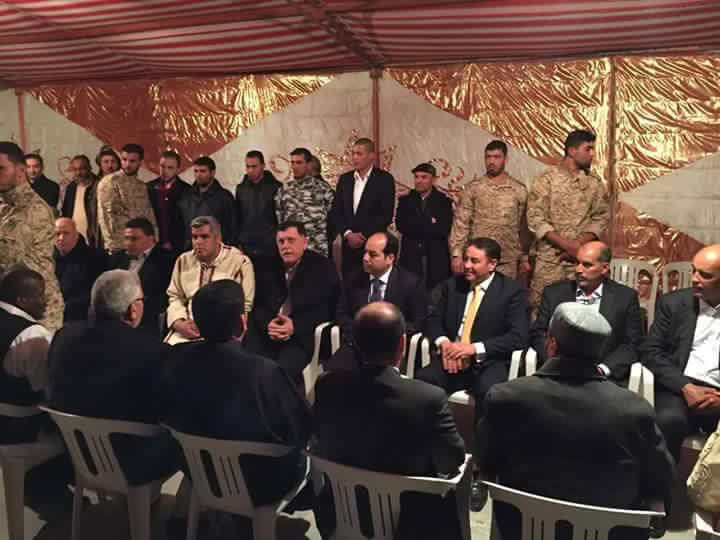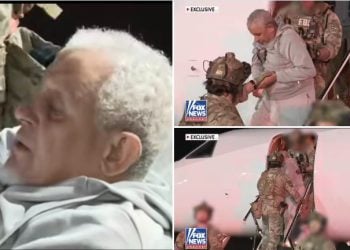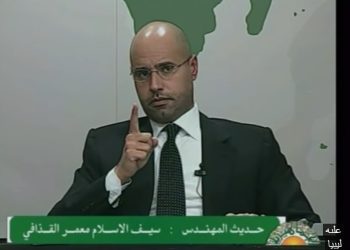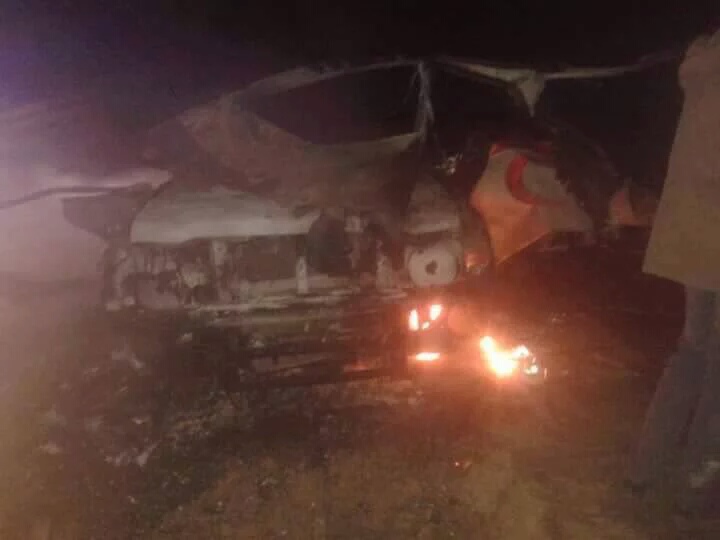By Libya Herald reporters.

Misrata/Tripoli, 9 January 2016:
The head of the internationally-recognised presidency council, prime minister-designate Faiez Serraj, made a surprise visit late . . .[restrict]Friday afternoon to Zliten to offer his condolences to the families of those killed in yesterday’s suicide bomb attack and visit some of the wounded in hospital. Members of the council and a large delegation accompanied him.
However, on their return from Zliten, the convoy turned back near Dafniya, the western entrance to Misrata, because of shooting by a group of Misratans opposed to the visit. There were said to be a rogue unit of the Mahjoub brigade.
Serraj and his colleagues eventually managed to return to Tunis early on Saturday morning.
“We are now in a safe place under strict protection,” Deputy PM-designate Musa Koni was quoted as saying after the convoy turned back. According to him, there had been gunshots on the return to Misrata but the convoy was not hit.
The “safe place” was in Zliten, where Serraj and his entourage met with the municipal council. A representative of the Misratan protestors whose shooting into the air had caused Serraj to return to Zliten also came to explain their concerns. Despite conflicting reports at the time as to how he would leave – there were claims that he was going to head westwards by road to Tripoli under the protection of Rada forces run by Abdul Raouf Kara or that Italian helicopters would fly the large delegation from Zliten to Misrata – the prime minister-designate and his team were back driven back to Misrata, this time without incident, and then flew back to Tunius, arriving early in the morning.
It was Serraj’s first visit to Libya since being chosen by the UN-led Libya Dialogue process to be prime minister. He flew from Tunis to Misrata this afternoon immediately after talks with the European Union foreign policy head Federica Mogherini.
He has been under intense pressure from members of the presidency council, the Libya Dialogue team, mayors, advisors and several foreign diplomats to go to Libya, albeit for just a short trip. Until the Zliten attack, he was said to be reluctant because of a lack of security.
Meanwhile, in another surprise development indicating a compete rupture between Zliten and the regime in Tripoli, the town is said to have banned GNC president Nuri Abu Sahmain from entering and attending the funerals of those killed in yesterday’s attack, the deadliest single such incident since the revolution. [/restrict]








